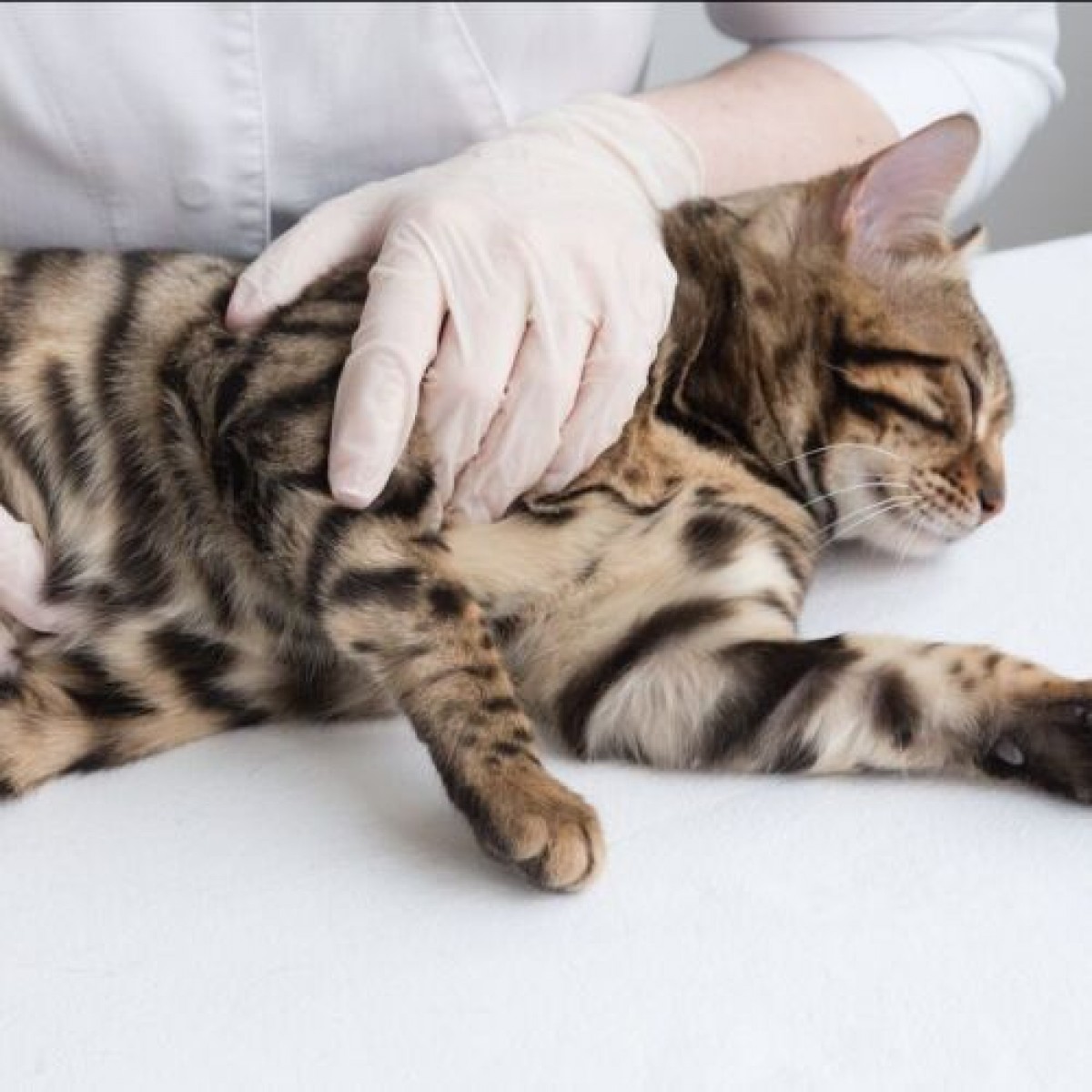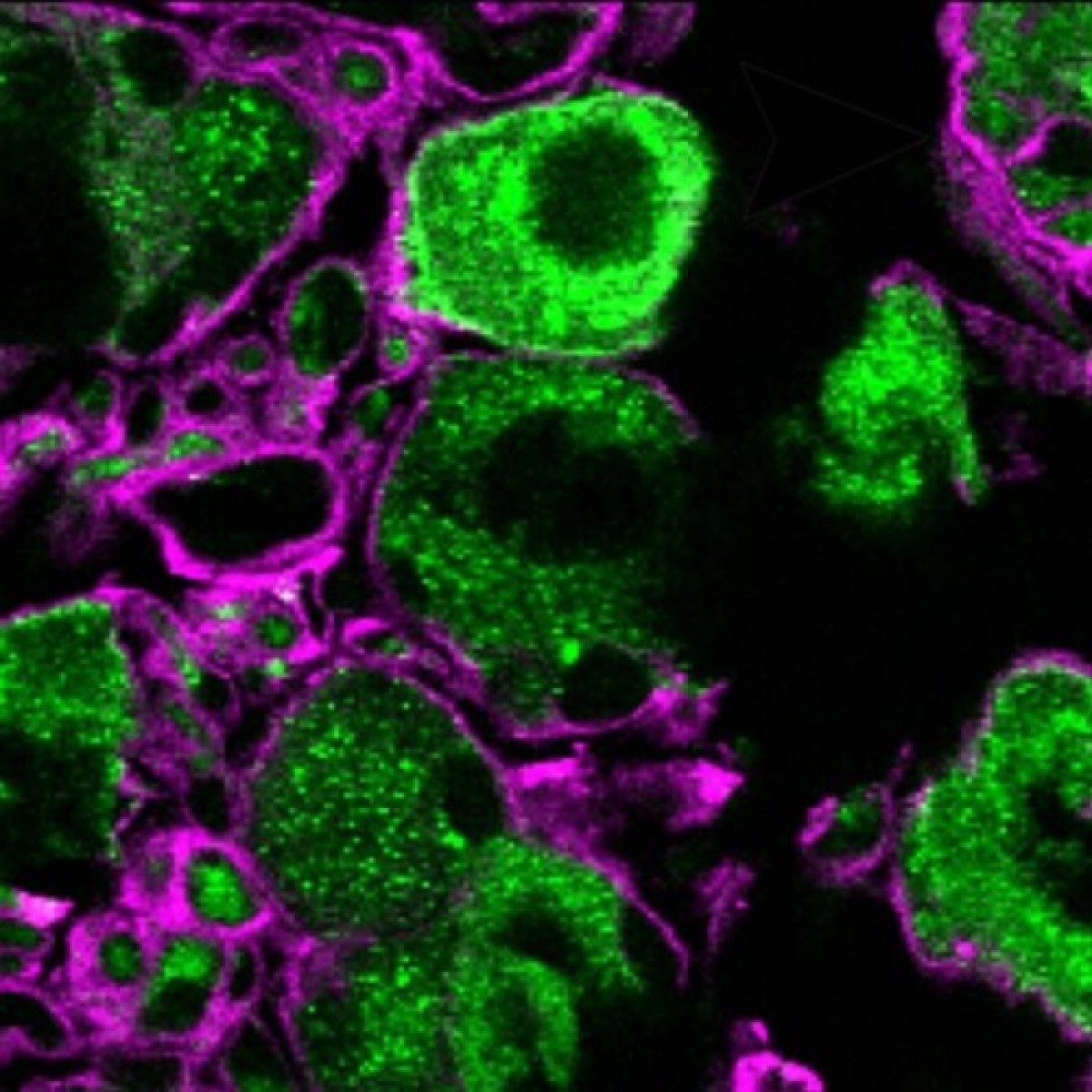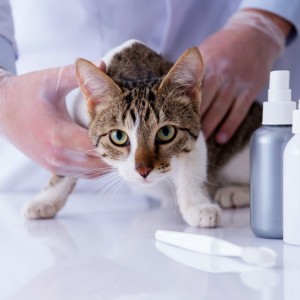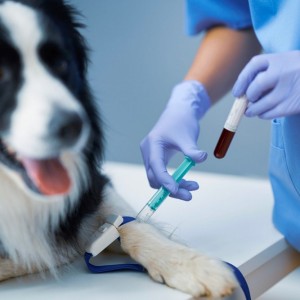Assessment of adiponectin levels in obese dogs
Adiponectin plays an important role in carbohydrate and lipid metabolism. However, the evidence regarding the association between adiponectin and diabetes mellitus in obese dogs is sparse. The aim of this study is to investigate the associations of adiponectin with the risk of diabetes mellitus in obese dogs on the basis of a prospective cohort study.
Serum adiponectin levels in obese dogs recruited from three small animal hospitals between 2015 and 2018 were measured by ELISA. Electronic health records were used to record the incidence of diabetes mellitus during follow-up for 3 years.
A total of 862 dogs were included. Amongst the 862 dogs, 51 developed diabetes. Adiponectin levels were associated with diabetes mellitus after adjusting for sex, age, breed, exercise, body condition score, fasting plasma glucose, serum triglyceride and total cholesterol. When adjusting for sex, age, breed, exercise, body condition score, fasting plasma glucose, serum triglyceride and total cholesterol, the adjusted hazard ratios were 7.83 (95% confidence interval: 2.67 to 30.13) in the lowest adiponectin group and 1.96 (95% CI: 1.10 to 8.55) in the medium adiponectin group relative to that in the highest adiponectin group. The area under a curve of adiponectin's Receiver operating characteristic curve was 0.81 (95% CI: 0.76 to 0.86).
Low adiponectin is associated with diabetes mellitus and has a high risk of incident diabetes mellitus, implying the potential of adiponectin as a predictive biomarker of diabetes mellitus in obese dogs.
“Low serum adiponectin levels are associated with an increased risk of diabetes in obese dogs”. J Lu, et al. J Small Anim Pract. 2024 Jul 3.
Source: https://onlinelibrary.wiley.com/doi/10.1111/jsap.13758













List
Add
Please enter a comment